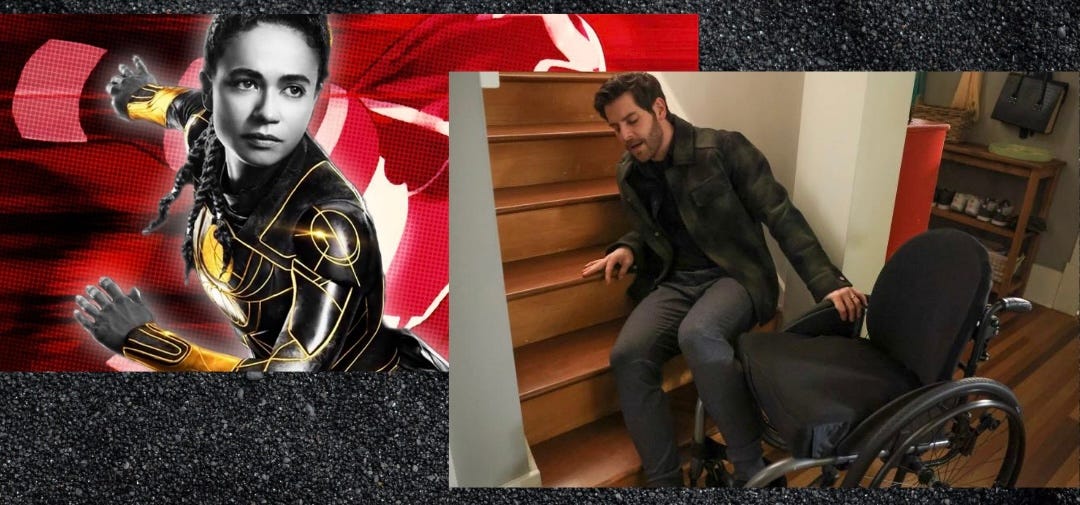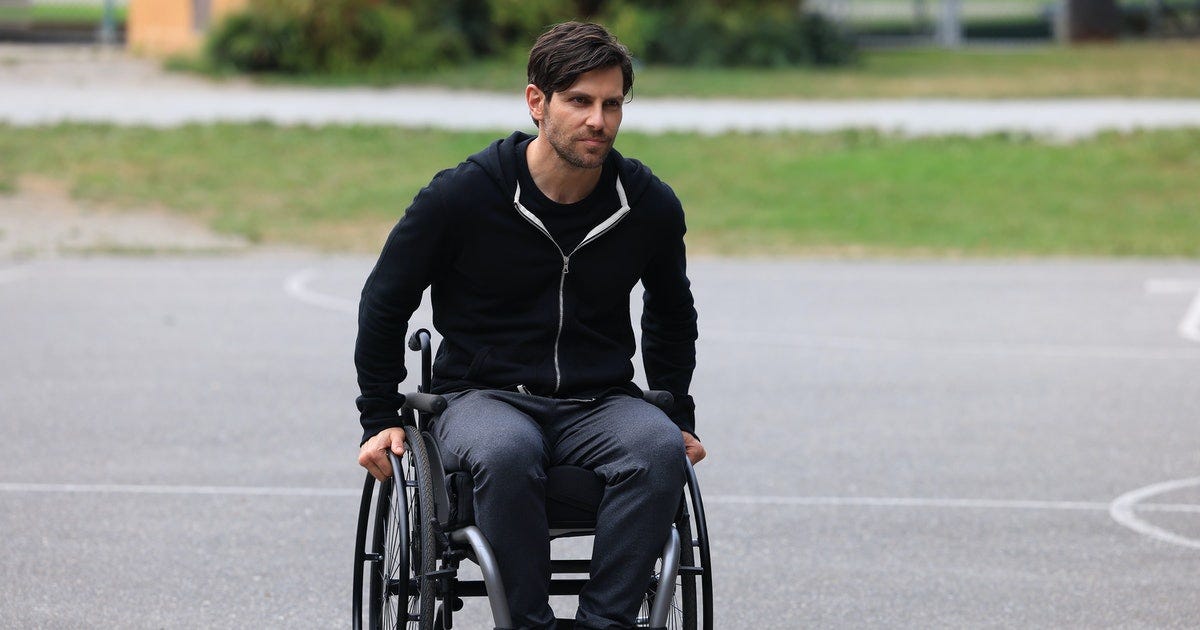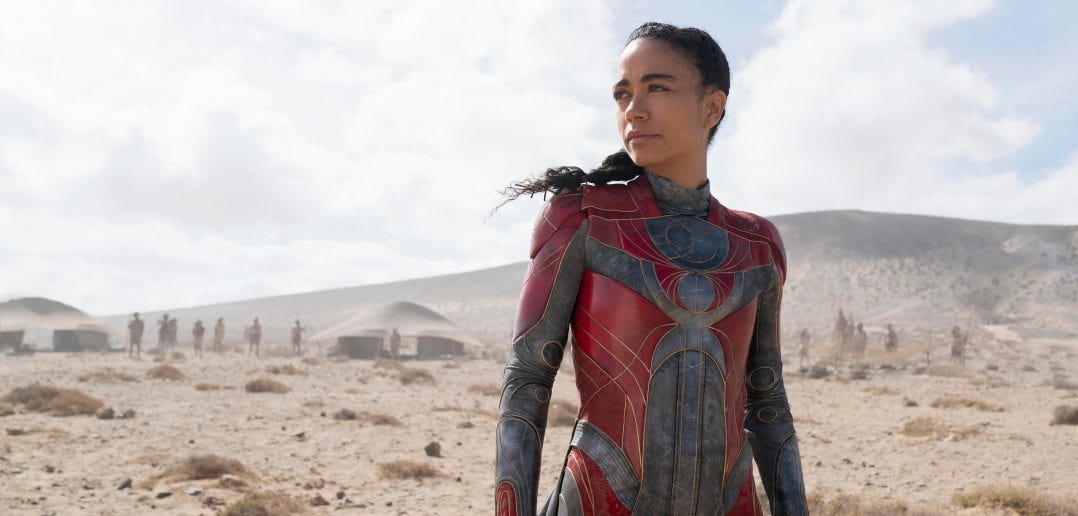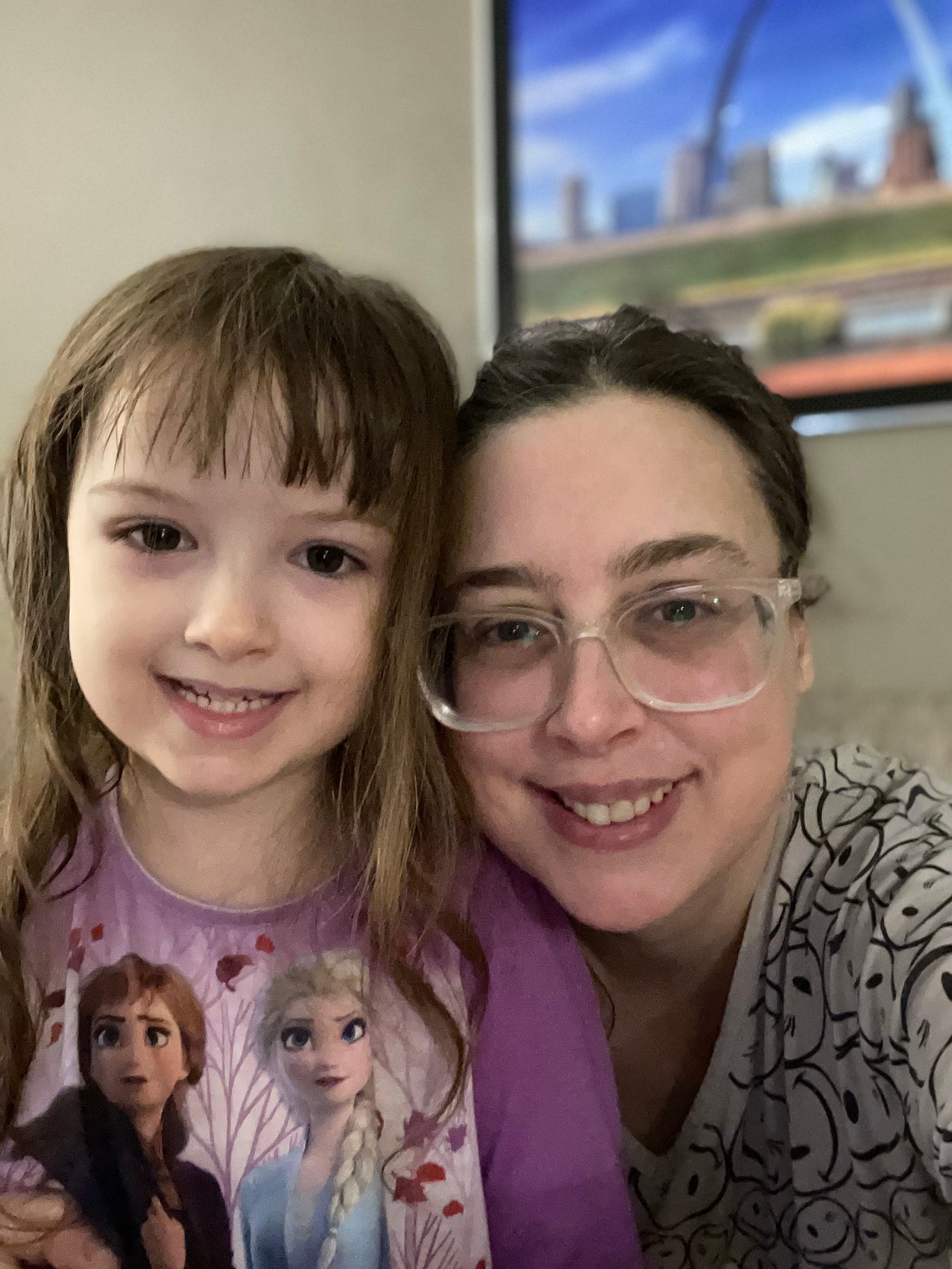There’s a common narrative in pop culture that people with disabilities are sad and frail. They are presented as individuals struggling to deal with challenges they are woefully defined by.
Movies and television shows often focus on the limits created by disabilities. In fact, it is a common trope in which having a disability means almost self-absorbed suffering.
On top of that, portrayals of disabilities tend to focus on external, extremely visible, limitations.
The more obvious the disability, the better.
I thought about this common portrayal while watching the ABC television drama “A Million Little Things.” One of the main characters, Eddie, struggles with drug addiction throughout the series. But, that apparently was not enough drama. Once that story-line seemed to hit a dead end, this character ended up losing use of his legs through an accident.
I will acknowledge that his disability apparently is permanent in the show. That’s a shift away from the commonly presented idea that disability is a temporary story-line.
However, the shift is from something he might heal from to having to painstakingly adapt to his disability. It’s in this process of adaptation that we see the problematic idea that living with a disability is only a sad and whiny existence.
The problem isn’t that the disability is portrayed in terms of a grief process.
Certainly a sense of loss occurs in the real-life experience of adapting to some disabilities. The show attempts to show that process in a realistic way. In fact, one guest actor, who plays a character who helps the main character grieve, is paralyzed in real life.
The problem I see is when this version of living with a disability is the main one people associate with being disabled. The fact is, the majority of disabilities are silent or invisible, and wouldn’t necessarily be as dramatic a story-line onscreen.
Here is another problem with depictions of disability: no one’s disability is a one size fits all journey. Some have a much easier time adapting; the circumstances are often different when they do.
As a result, having a stereotypical trope about disabilities gives audience a skewed view.
In an interesting article in The Hollywood Reporter, Alex Barone explores this phenomenon about disabled characters, “who are sad about their disabilities and must explain them constantly."
Barone writes quite astutely, based on his personal experience having a disability:
This is an example of what “real life” is like for a disabled person. In real life, my hands may come up once during my first conversation with someone — but that’s about it. They are not an ongoing focal point for conversation, as would usually be portrayed in film and television. My conversations are also not about how I can or can’t overcome this or that. Yet on screen, it can seem for disabled actors like the only characters we can play are characters who solely talk about their disability — or whose lives revolve around their disability as if that is the totality of their existence, when in fact it’s one of the most minor parts of our conversations and our lives.
Further, I agree with Barone when he writes, “We need to see characters with strength, tenacity and grit. We need superheroes, love interests and leading men and women.”
Interestingly, Marvel features the first deaf superhero in the upcoming movie The Eternals, played by Lauren Ridloff. She agrees with Barone’s idea that we need a superhero who provides a representation that includes people with disabilities.
Rather than just showing characters being limited by their challenges, depictions like Ridloff’s character show heroes using their disabilities to their advantage.
Rather than being inherently fragile, someone’s vulnerabilities become someone’s strengths.
As someone who has an invisible mental health disability, I always say my writing focuses on dealing with life’s challenges. I’m not defined by those challenges and I’m not struggling with them either on a day-to-day basis.
I think I’m even stronger because I have these challenges. I call my disability my super power and say I wouldn’t be who I am without it.
One of the problems is that people without disabilities are telling these stories, even when they are about characters dealing with these challenges. In fact, Barone points out 93 percent of those in these writers rooms are people without disabilities.
I agree with Barone when he says in a call to action that:
We can increase representation and amplify the voices of disabled creatives and writers, allowing them to tell their own authentic stories — and change the perception of what actual, real life is like for people living with disabilities in America and all around the world.
Just like with other marginalized groups who seek representation, people with disabilities need allies.
But, more than that, they need to be able to tell their own stories.
I hope we see more of this.
Pop culture will only be richer with the inclusion of these voices—and their super powers.
-Melissa















Share this post